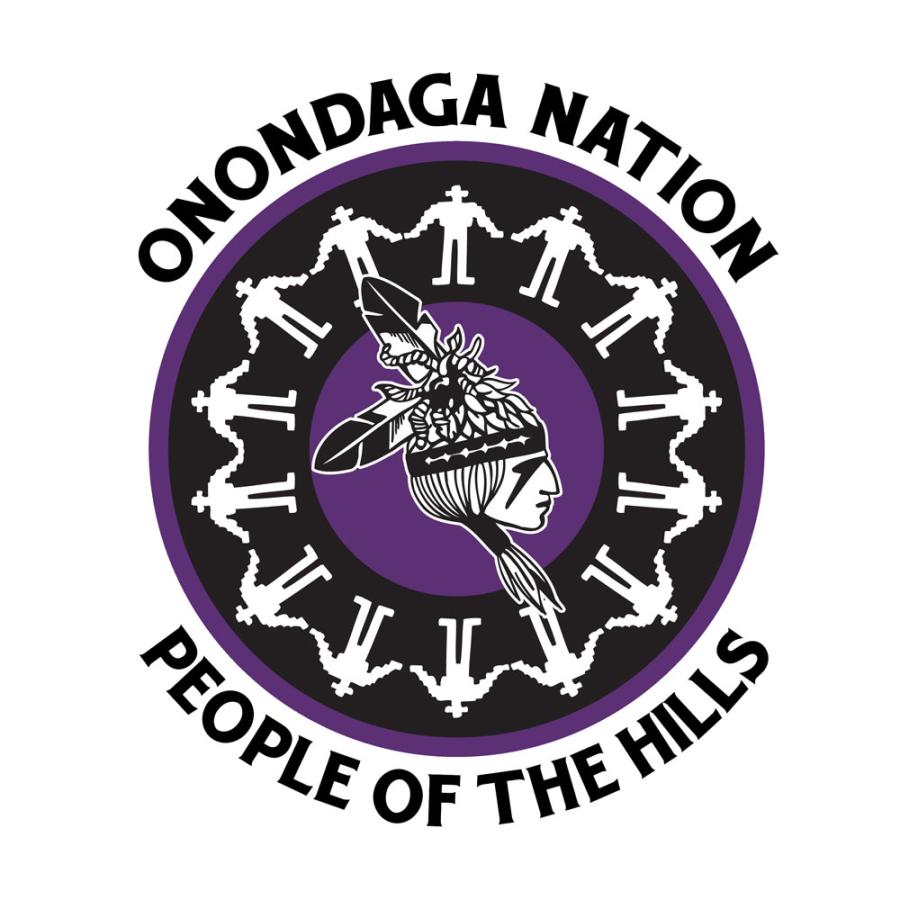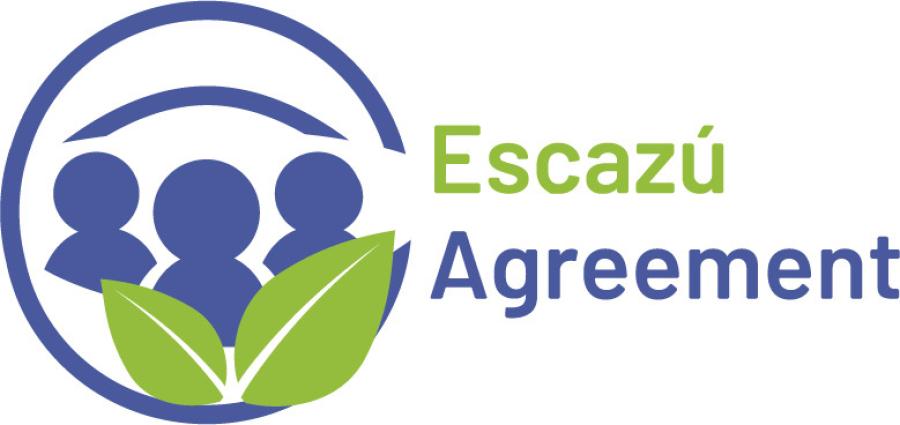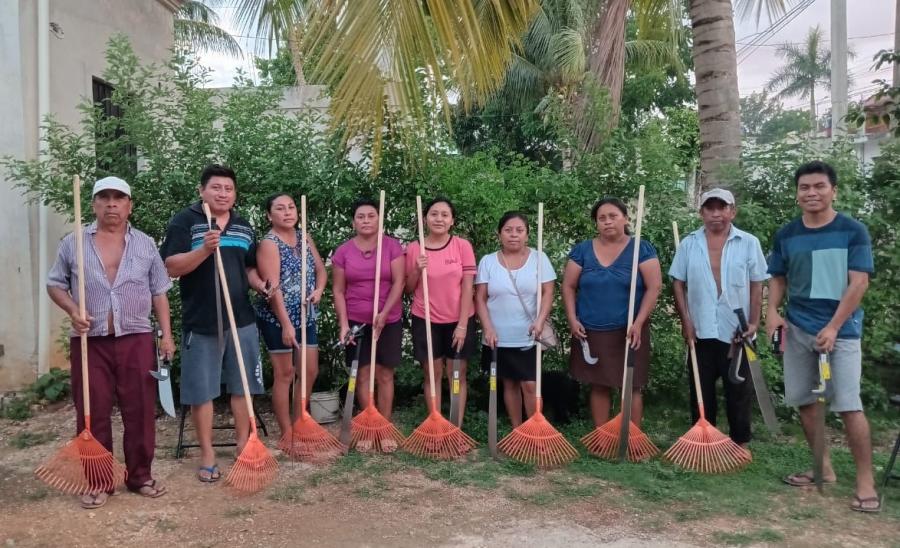Alexander M. Ervin
Allyn and Bacon, Boston. 2000.
ISBN 0-321-05690-6 (paperback)
REVIEWED BY IAN S. McINTOSH
Applied Anthropology; Tools and Perspectives for Contemporary Practice is an easy-to-read and comprehensive introductory text. Often viewed as the poor cousin of socio-cultural anthropology, applied anthropology is presented by author Alexander (Sandy) Ervin as a career choice with potentially profound repercussions -- an opportunity for the student of culture to really make a difference with his or her life. Anthropology's original vision was practical, intended to explore vital issues of human welfare such as poverty and conflict; Ervin makes a compelling case for applied studies to be anthropology's compulsory "fifth field," alongside archaeology, linguistics, physical anthropology, and social anthropology.
Applied anthropology, as a branch of learning, covers a vast range of subjects and is not easily defined. According to some of the fieldworkers quoted in the text, it is the scientific investigation of the principles controlling the relations of human beings to one another and the wide application of these principles to practical problems and policy formulation.
With a multitude of anecdotes, Ervin emphasizes what the applied anthropologist does, rather than what applied anthropology is. For instance, despite the displacement and dislocation of Native Americans, reservation lands still contain 25 percent of domestic oil and over 60 percent of uranium reserves in the U.S. However, Native Americans remain the poorest and most unhealthy segment of the population. Should Native Americans choose to exploit these resources, applied anthropologists, Ervin argues, have much to offer the native communities in negotiating a fair share of the accrued royalties. They also have a role to play as advocates, expert witnesses and research consultants.
As an applied anthropologist, one learns to see culture beyond the "tip of the iceberg" -- beyond that which can be seen above the water. The real substance of a culture is what sustains a way of life and a standard of living. If the activities of multinational corporations underpin this life, then "culture" is the stance one takes with regard to these corporations. One can remain silent on the human rights abuses orchestrated in the name of progress, or one can acknowledge that certain ways of life are undermining the ways of life of others -- a reality that stems from a lack of cross-cultural awareness and respect for plurality. Activists and applied anthropologists are often involved in lobbying companies engaged in high-risk industries to ensure consultation and negotiation with impacted populations; they coordinate boycotts of those companies doing business in countries with poor human rights records. A broader assignment for the applied anthropologist is the deconstruction of the whole North-South divide -- the "developed-undeveloped" world -- and Ervin gives us ample material with which to work. He deftly handles the complexity of the subject matter.
Saskatchewan- and Canada-centered case studies, based on the author's many experiences, add to the readability and authority of the text -- which is comprised of 17 short, focused chapters covering the history and ethics of applied practice, policy analysis, and methodology (with excellent overviews of Rapid Assessment Procedures, Participatory Action Research, and social impact assessment). I heartily recommend this text for all students of anthropology.
Article copyright Cultural Survival, Inc



